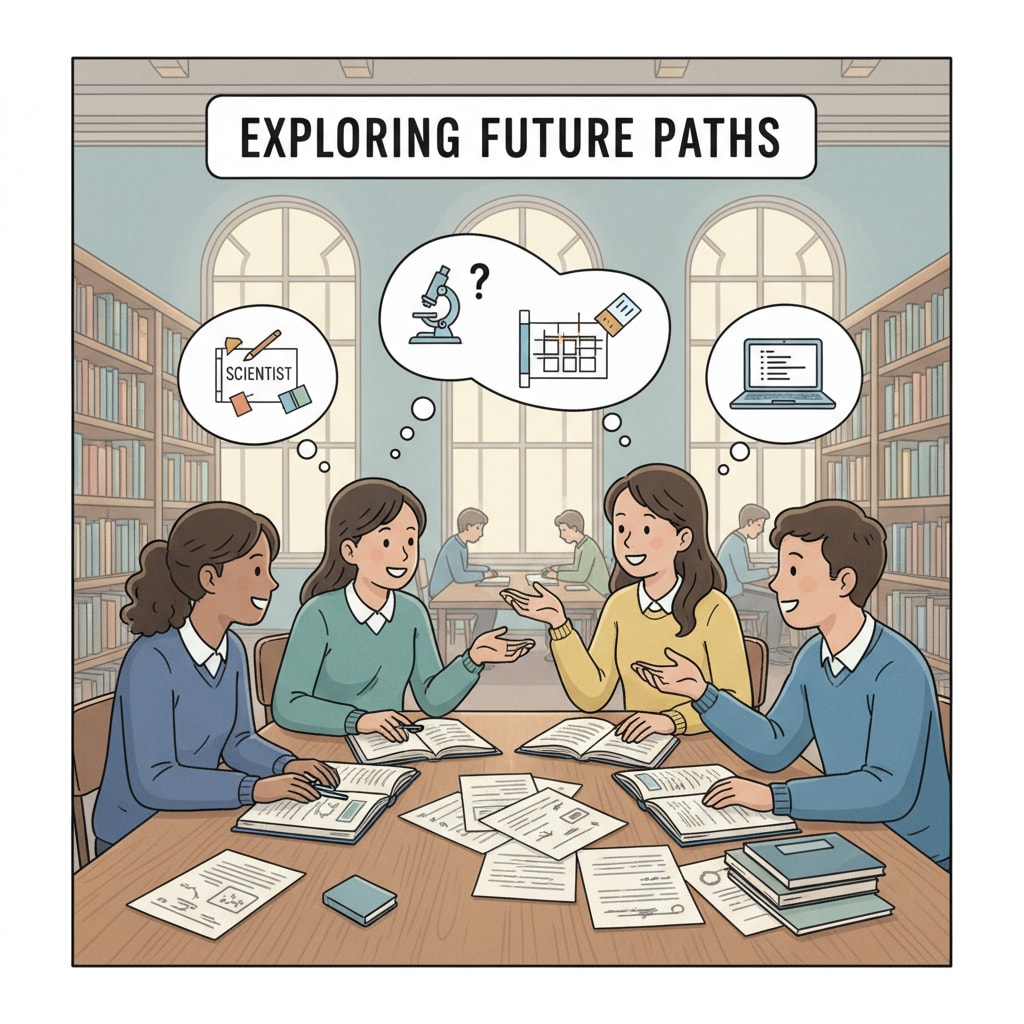For high school students, the journey of university education, major selection, academic success, and career planning is both exciting and challenging. As they stand at the crossroads of their educational paths, making informed decisions is crucial.

This article aims to provide a comprehensive roadmap to help them navigate through this important phase.
Understanding University Education
University education is a significant step towards personal and professional growth. It offers a wide range of academic programs and opportunities for students to explore their interests. Different universities have unique teaching styles, research facilities, and campus cultures. For example, some universities are renowned for their strong liberal arts programs, while others excel in STEM fields. Students should research various universities, their rankings, and the reputation of their departments. US News Best Colleges rankings can be a useful resource to start with.

The Importance of Major Selection
Selecting the right major is a pivotal decision that can shape a student’s future career. It’s essential to consider personal interests, skills, and long-term career goals. A student passionate about technology might consider majors like computer science or electrical engineering. On the other hand, those with a flair for creativity could opt for majors in art, design, or communication. Additionally, researching the job market demand for different majors can provide valuable insights. Bureau of Labor Statistics Occupational Outlook Handbook offers information on job prospects and salary expectations for various occupations.
To achieve academic success, students need to develop effective study habits. This includes setting a regular study schedule, taking detailed notes, and actively participating in class discussions. Building good relationships with professors can also be beneficial, as they can provide guidance and mentorship. Moreover, getting involved in extracurricular activities, such as academic clubs or research projects, can enhance learning and add value to a student’s resume.
Charting Your Career Path
Career planning should start early in high school. Students can begin by exploring different career options through internships, job shadowing, or informational interviews. This hands-on experience can help them understand the day-to-day tasks and requirements of various professions. Creating a professional network, even at a young age, can open doors to future opportunities. Social media platforms like LinkedIn can be a great tool for connecting with professionals in different fields.
In conclusion, high school students embarking on the journey of university education, major selection, academic success, and career planning have a world of possibilities ahead of them. By carefully considering these aspects and following the guidance provided, they can make the most of their educational opportunities and set themselves on a path to a fulfilling career.
Readability guidance: This article uses short paragraphs and lists to summarize key points. Each H2 section provides useful information and tips. The use of passive voice and long sentences is kept to a minimum, and transition words are added throughout to enhance readability.


